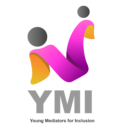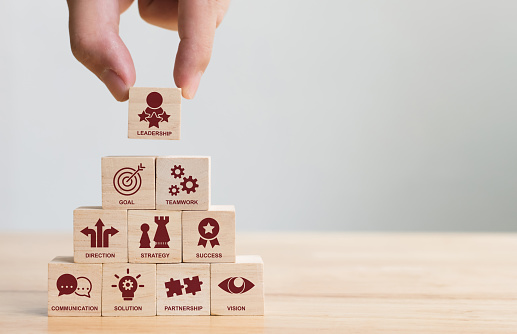In July 2020, the ‘Young Mediators for Inclusion’ project YMI has successfully completed its first phase, aiming at collecting good practices for the success for inclusion of young people with autism in the community’s activities. To do this, partners have relied on a literature review and on the organisation of focus groups and round tables made up of young people with autism, relatives of young people with autism and experts in Spain, Portugal and Italy.
The main findings of these activities can be grouped in three different categories:
What are the main barriers for inclusion of young autistic people?
- Lack of knowledge and adequacy of activities to the specific needs of autistic people;
- Lack of human and financial resources, and lasting and consistent practices;
- Lack of specific training in autism, human rights, diversity and inclusion;
- Lack of concrete programmes and measures that innovate and modify the dynamics created in existing services;
- Lack of awareness in autism in society in general.
What are the key factors for inclusion of people on the autism spectrum in the community?
- Adopt of the social model of disability;
- Promote autonomy and empowerment of autistic persons by involving them in projects and initiatives to foster their inclusion;
- Address overprotection of persons on the autism spectrum from families and institutions;
- Tackle difficulties regarding person-centered planning and self-representation of people with disabilities in the scope of education;
- Promote a multistate holder approach of inclusion, involving policy-makers, companies, institutions, NGOs, and the society in general;
- Promote positive experiences, that generate trust and security;
- Promote the role of mediators for inclusion.
How a good mediator for inclusion has to be? What would be his/her skills?
- Be an understanding, empathic, patient and trustworthy person who listens, guides during life, helps to clarify doubts, and overcomes barriers in areas that the autistic persons do not master well (social, behavioral and communicational issues);
- Be an accessible figure for all people in every place and moment
- Support people to acquire practical knowledge and to settle and achieve objectives so that inclusion is successful;
- Have several social skills and help with social, behavioral and communicational problems;
- Have a transversal role (in different areas of life) and support meaningful activities for the person being supported;
- Be someone that represents a sort of a specialist in bridging the gap between families and the school / health system / legal aspects / community services and assets.
These results will lead to the next phase of the project, which will define the “Young Mediator” profile, the main objectives and content of the specific courses for young mediators and community staff members, and the criteria for recruiting participants for the pilot courses.




